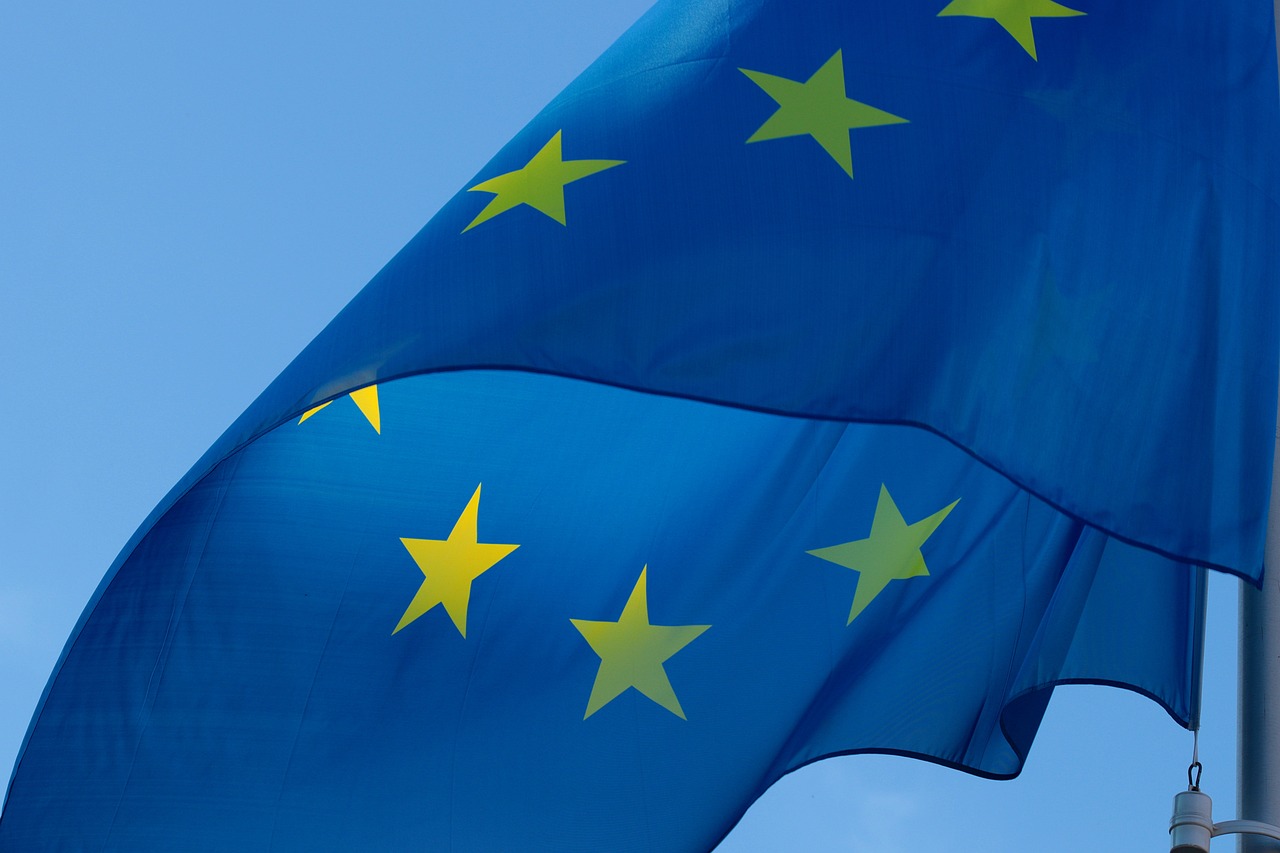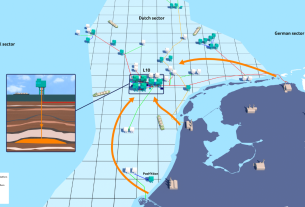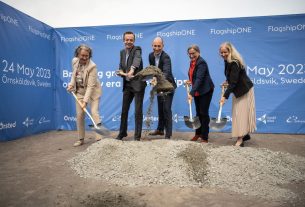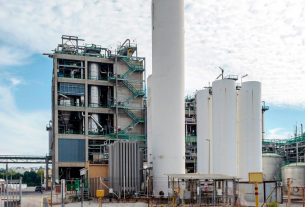Europe – The European Parliament’s Committee on Industry (ITRE) has taken significant strides towards embracing carbon capture and storage (CCS) as a vital component of Europe’s climate goals. In adopting its position on the Net-Zero Industry Act (NZIA), ITRE reinforces the importance of CCS in Europe’s climate strategy.
ITRE’s position includes four key measures aimed at advancing CCS deployment across Europe. This includes setting an EU CO2 storage target, which endorses the European Commission’s proposal for 50 million tons of CO2 in annual injection capacity by 2030. ITRE goes a step further by adding targets for 2035, 2040, and 2050 while emphasizing the geographical distribution of storage sites across the EU. This target is pivotal in ensuring timely access to sufficient storage capacity and fostering the EU’s storage capabilities.
The responsibility for meeting this target has been placed on oil and gas sellers due to their technological capacity and resources for permanent CO2 storage. Penalties for non-compliance are also introduced as an incentive.
Expanding the scope
One major milestone achieved by the Parliament is the expansion of the NZIA scope to cover CO2 transport. This move ensures that essential infrastructure projects for transporting captured CO2 to storage sites fall under the Act’s purview. The EU and Member States are tasked with making the necessary investments in CO2 transport infrastructure, including cross-border connections.
Additionally, the Parliament focuses on ensuring fair and open access to CO2 storage, transparent pricing, and competitive CO2 markets. It compels the European Commission to draft a regulatory framework for an EU CO2 market within two years, aiming to prevent early-stage monopolies in carbon capture and storage deployment.
Embracing CCS technology
These developments align with the broader acceptance of CCS technology within the European Union. EC President Ursula von der Leyen previously announced the NZIA proposal, aiming to enhance the resilience and competitiveness of net-zero technologies manufacturing in the EU. Von der Leyen has also pledged a comprehensive CCS strategy by the end of her term.
The Clean Air Task Force (CATF) notes that the NZIA is presented at a crucial juncture for climate and energy policy in Europe. The EU currently lags behind its 2030 emissions reduction targets and the development of clean energy infrastructure necessary for full decarbonization.




